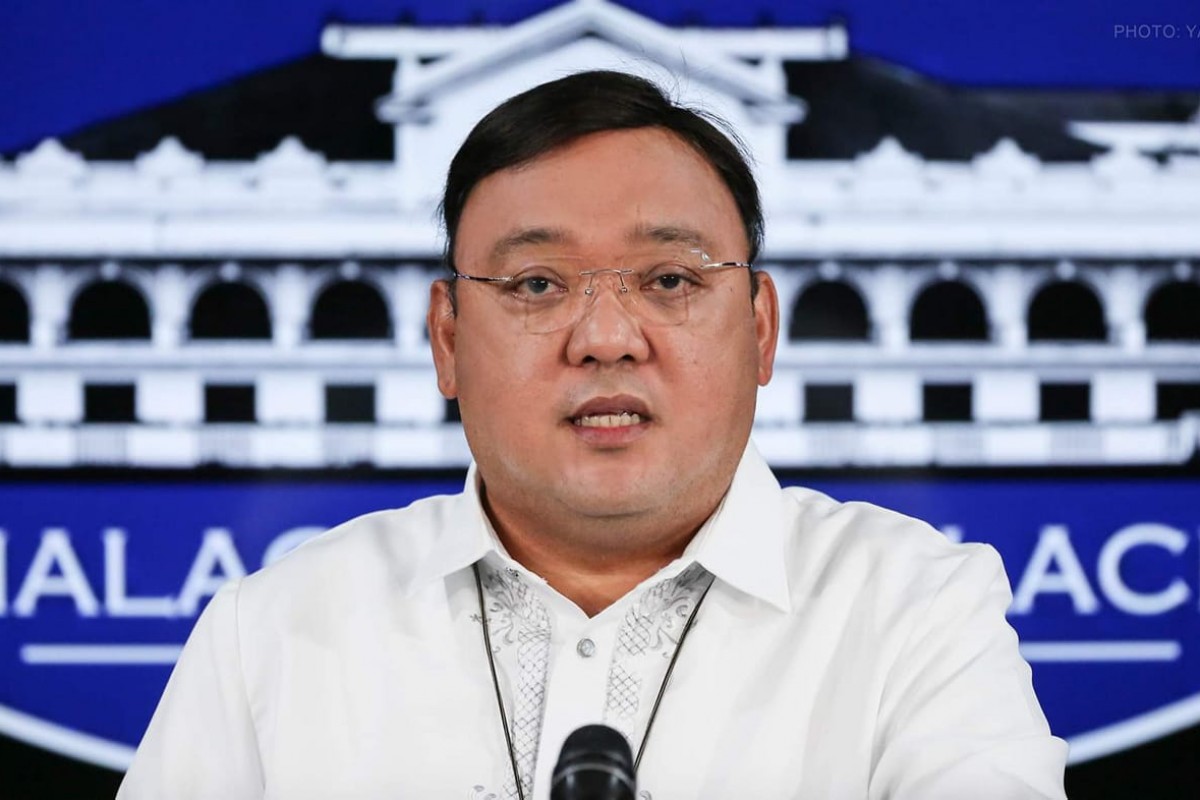MANILA -- The decision of President Rodrigo Roa Duterte on the continued use of face shields both outdoors and indoors is based on science and evidence-based studies, which show that face shields give an additional layer of protection, especially in light of the risks brought about by the highly transmissible Delta variant of COVID-19.
Presidential Spokesperson Secretary Harry Roque Jr. mentioned that the decision on face shields was made upon the advice of health experts who informed the President that the Delta variant is even more transmissible than the original variant.
“Ninety-nine percent ang estimated effect of protection kapag naka face mask, face shield, at physical distancing,” said Secretary Roque, citing the results of international studies.
The Palace spokesperson also cited the result of a study done in India, which shows that among 62 healthcare workers who did not wear face shields, 12 were infected with the virus in a week. While among those who wore face shields, none contracted COVID-19. “Ibig sabihin naka-base po sa siyensya itong desisyon ni Presidente sa pagsusuot ng face shield,” remarked Sec. Roque.
Secretary Roque added that the government’s position on matters relating to COVID-19 will also depend on changes based on science, and given that it has been known that the Delta variant poses a great threat, more intense protection is therefore needed.
Roque stressed that the protocol on the use of face shields contained in an IATF Resolution released in December 2020, will remain in effect. Citing a portion of the said protocol, Roque said, “All persons are mandated to wear full-coverage face shields, together with face masks, earloop masks, indigenous, reusable, or do-it yourself masks, or other facial protective equipment which can effectively lessen the transmission of COVID-19, whenever they go out of their residences.”
Roque also emphasized the use of full face shields. “Yung visor-type face shields are not allowed. Face shields shall cover the entire face, completely cover the sides and length of the face,” said Roque.
In the same press briefing, Dr. Alethea de Guzman, OIC-Director III of the DOH COVID-19 Surveillance and Quick Action Unit, likewise expressed that the Delta variant is rapidly spreading around the world, appears to be more transmissible that the other known COVID-19 variants, is associated with different symptoms, and that people who get infected with it are more likely to be hospitalized.
In addition, Dr. De Guzman advised that getting two doses of vaccines can still be strongly protective against the said variant of concern.
Given the said information, Dr. De Guzman underscored the importance of imposing travel restrictions and strong border control, and preventing or containing the entry of variants of concerns through proper screening, quarantine, and testing at ports of entry. Therefore, Dr. De Guzman emphasized that the 10 + 4 quarantine and testing protocol should be strictly followed, which imposes a 10-day facility-based quarantine, where testing is done on the seventh day, and release to quarantine at the local government unit of destination for four more days.
On another matter, Sec. Roque mentioned that the Philippines is expecting some 10,804,820 vaccine doses to be delivered for the month of June alone, out of which 5,876,820 vaccine doses have already arrived this month. Of the vaccine doses that have already arrived, 3.5 million were Sinovac vaccines, 2,276,820 were Pfizer vaccines from the COVAX facility, and 100,000 were Sputnik V vaccines, said Roque. He added that the remaining vaccines for delivery this June include Sinovac, Moderna, AstraZeneca, and Sputnik V vaccines.
Also on vaccines, Philippine Ambassador to the United States (US) Jose Manuel Romualdez clarified in the said press briefing the 20 million vaccine doses from the US that he mentioned in an earlier interview, forms part of the negotiated vaccines from Moderna. Meanwhile, on the 80 million vaccine doses to be donated by the US government, Ambassador Romualdez said that the Philippines may get around 800,000 to one million doses of either Moderna or AstraZeneca vaccines, which he said is expected to be given by next month. (OPS-PCOO)



